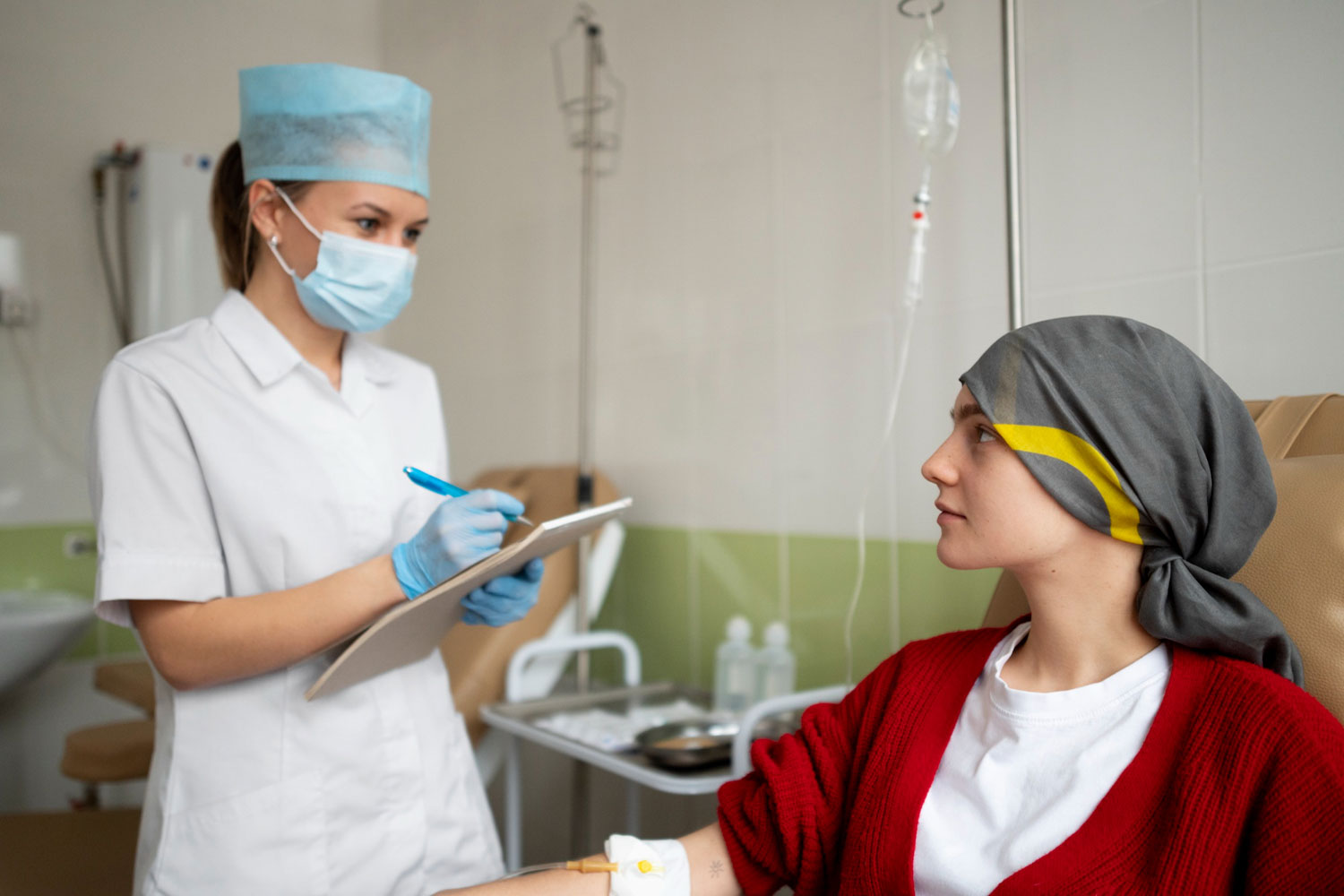
Post-surgical care BD is a critical service provided in nursing care, offering essential support to patients during their recovery period after surgery. In Bangladesh, the demand for quality post-surgical care has grown significantly, reflecting advancements in healthcare and the need for holistic support. From pain management to wound care and emotional reassurance, post-surgical care is designed to address both the physical and emotional aspects of recovery, helping patients regain their strength and return to everyday life smoothly.
The period after surgery is often filled with uncertainties and physical challenges. Many patients face pain, discomfort, or limited mobility, which can hinder their ability to care for themselves. Post-surgical care provides specialized support, ensuring patients receive the attention and medical guidance they need to recover safely. This service not only minimizes the risk of complications but also encourages faster healing, empowering patients to regain independence.
One of the key components of post-surgical care is wound management. Proper wound care prevents infections, a common risk after surgery, especially in a humid climate like Bangladesh. Skilled nurses in post-surgical care meticulously clean and dress wounds, monitor for signs of infection and keep the area sterile. They also provide guidance on wound care to family members, ensuring that proper techniques are followed at home.
Pain management is essential for a smooth recovery, as uncontrolled pain can significantly impact a patient’s quality of life and mental health. Nurses specializing in post-surgical care are trained to assess pain levels and administer medications or therapies as prescribed. In addition to medication, these professionals may offer alternative pain relief techniques, such as positioning, relaxation exercises, or heat and cold applications, to ensure the patient’s comfort.
Post-surgery, many patients experience limited mobility, especially after orthopedic, abdominal, or cardiovascular procedures. Trained caregivers assist with gentle movement exercises to promote circulation, prevent blood clots, and improve muscle strength. They may also support patients in learning to use mobility aids, such as walkers or crutches, helping them build confidence and safely move around their environment.
Proper nutrition and hydration play a crucial role in healing. In post-surgical care, nurses assess patients’ dietary needs and encourage balanced meals to support the body’s recovery process. For patients with dietary restrictions or those who struggle to eat due to nausea or loss of appetite, caregivers provide appropriate alternatives and monitor fluid intake to ensure optimal hydration levels.
Surgery can be a stressful experience, impacting a patient’s mental well-being as much as their physical health. Post-surgical care BD involves emotional support, helping patients cope with anxiety, fear, or depression that may arise after surgery. Caregivers offer a comforting presence, providing encouragement and reassurance to aid patients in adjusting to their post-operative condition. This emotional support is particularly valuable for those facing long-term or complex recoveries.
In Bangladesh, family members often play a vital role in patient care, particularly after surgery. Post-surgical nursing care includes educating families on proper caregiving practices, medication management, and warning signs of complications. By involving family members in the recovery process, caregivers ensure a smooth transition from hospital to home, helping to create a supportive environment that encourages healing.